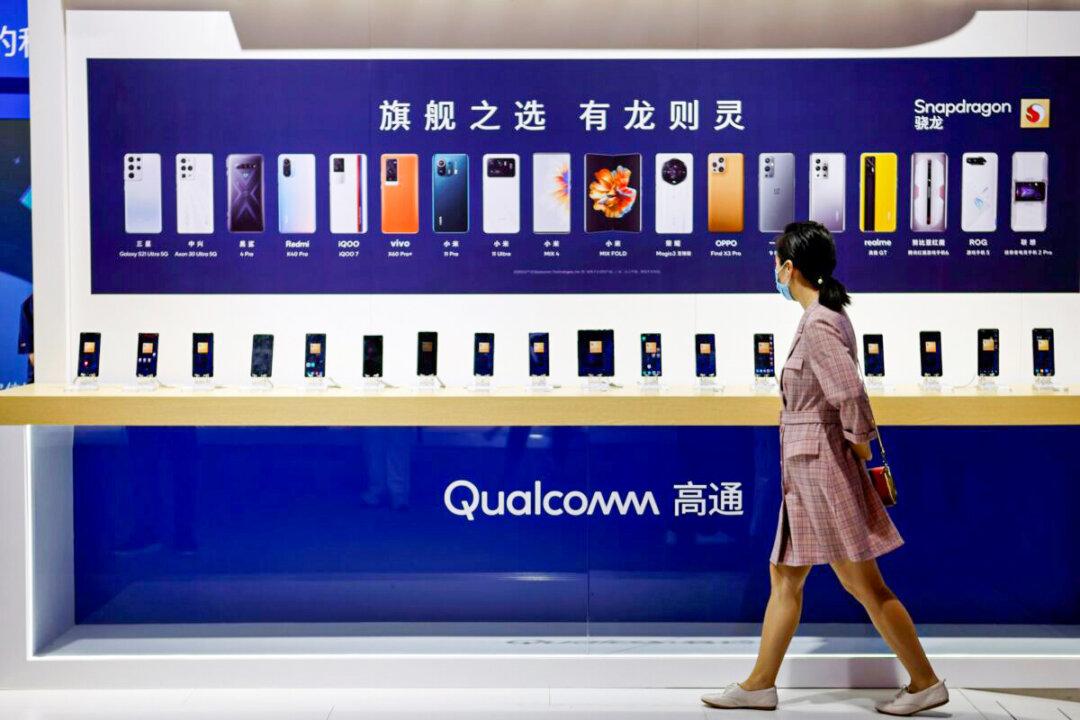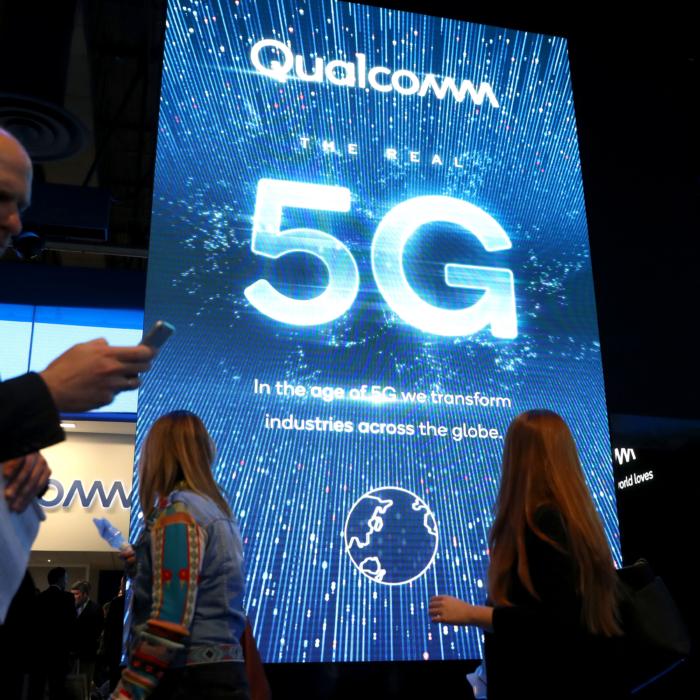Five U.S. venture capital firms have invested more than $3 billion in critical technology projects in communist China, according to the results of a congressional investigation.
That sum includes direct investments into companies with ties to China’s military, surveillance apparatus, and ongoing human rights abuses in Xinjiang.
The findings stem from a bipartisan investigation into U.S. venture capital funding in China by the House Select Committee on Strategic Competition with the Chinese Communist Party (CCP).
These firms’ investments directly aided the CCP’s strategic goals against the United States, according to a Feb. 8 select committee statement shared with The Epoch Times.
“The lawmakers found that these firms invested at least $3 billion in, and provided expertise and other benefits to, People’s Republic of China (PRC) critical technology companies, including many aiding the Chinese military, surveillance state, or the CCP’s genocide in Xinjiang,” the statement reads.
The select committee’s report, also shared with The Epoch Times, details the investigation into investments made by GGV Capital, GSR Ventures, Qualcomm Ventures, Sequoia Capital China, and Walden International.
The committee specifically investigated the five firms’ investments in two sectors: artificial intelligence (AI) and semiconductors.
“Both technologies have civilian and military applications,” the report states. “Both will drive the future of war-fighting, and both are necessary components of the Chinese Communist Party’s (CCP) Orwellian surveillance state and human rights abuses.”
Massive VC Support for China ‘Untenable’
The vast bulk of the investments, totaling some $1.9 billion, was made to Chinese AI firms, according to the report. Another $1 billion went to semiconductor corporations, including those owned by the state.Of that, some $190 million went into AI companies that are now blacklisted by the U.S. government for directly supporting the PLA, and another $140 million went to AI companies with known links to the PLA.
“U.S. investments were critical to the early growth and success of some of the PRC’s largest and most notorious AI and semiconductor companies, many of which are now blacklisted by the U.S. government over national security concerns, and many of which are supported by the PRC government,” the report states.
Importantly, the investigation found that the investments advanced the strategic goals of the CCP while directly undercutting the United States’ position internationally, according to the report.
“This report illustrates that outbound U.S. capital investment in critical sectors has advanced the PRC’s strategic priorities while undercutting U.S. strategy toward the PRC,” it states.
Committee Calls for Restrictions on China Investments
U.S. tech and venture capital firms have long been supercharging the CCP and its military development. What has been left less understood until now is just how those investment dollars translate into direct strategic gains for the CCP.Sequoia long maintained that the investments of its China branch were made separately from those of its U.S. branch. After increasing scrutiny, however, the firm finally announced last year that it would split off its China operation into a separate entity altogether.
As such, the Sequoia China cited in the report no longer exists, but has been replaced by the Chinese company HongShan.
According to the select committee, however, the damage has been done. The CCP has dramatically increased its military power and authoritarian surveillance apparatus thanks to investments from U.S. venture capital firms.
To curb the threat, and to prevent future dangers, the select committee report recommends wide-reaching restrictions on outbound investments to China.
“This bell cannot be unrung,” the report states. “Simply put, robust PRC outbound investment restrictions in key strategic sectors are a national security [issue] and human rights are imperative.”
GGV, Qualcomm, and Walden didn’t respond to requests for comment from The Epoch Times by press time. GSR and HongShan couldn’t be reached.






